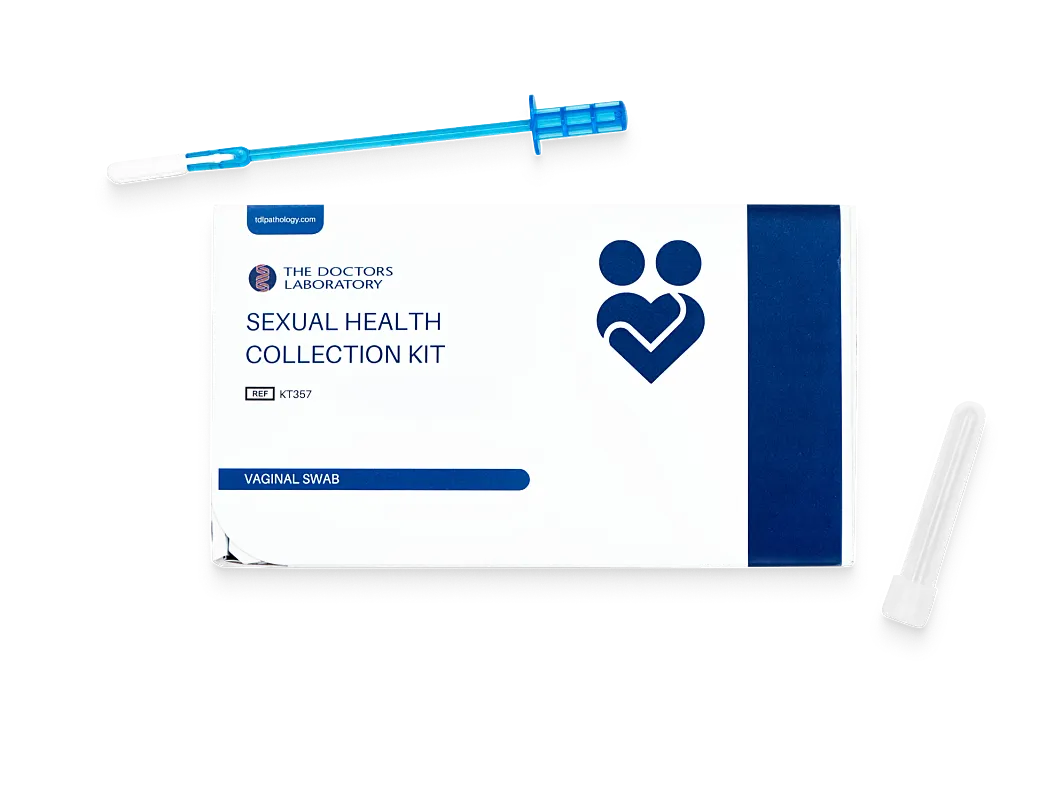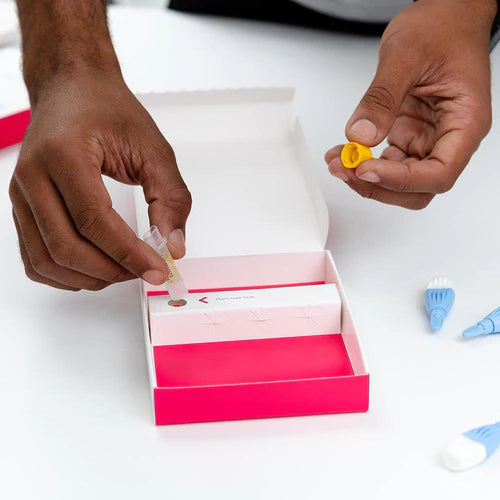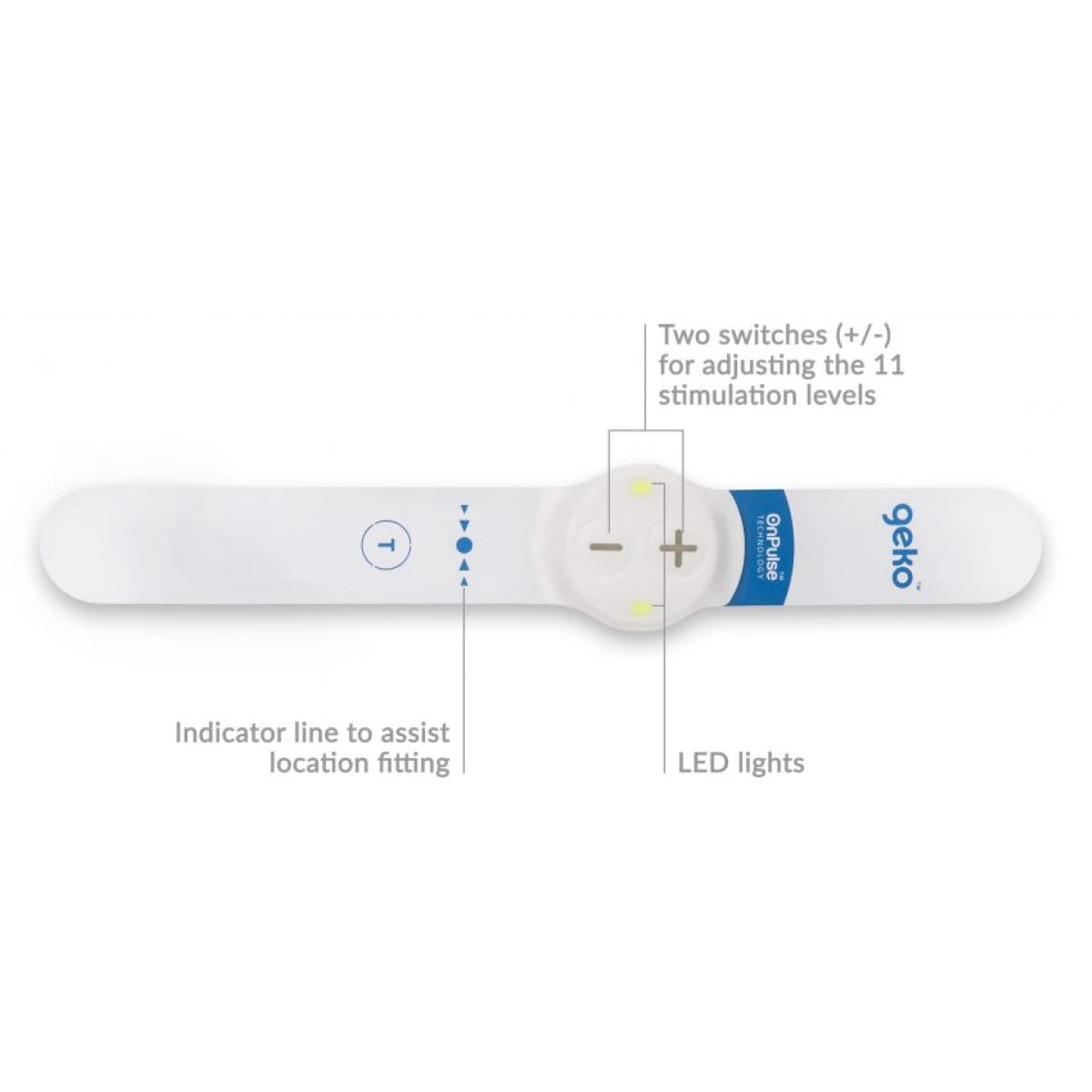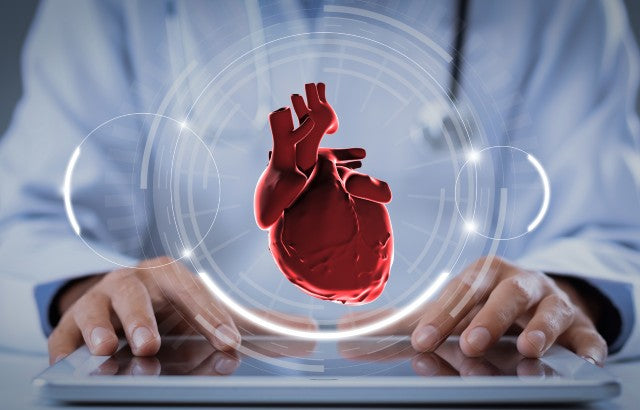Why People Choose Us

Quick & Easy
No appointment or long waiting times

Discreet Packaging
Plain packaging with no medical stamps or marks

Confidential Service
Your information stays with us and private payment

UK Medication
Dispensed by registered UK pharmacists
Hormones (2 Biomarkers)
Every bodily function, including development, metabolism, reproduction, and sleep cycles, is controlled by hormones.
Your mood and energy levels, as well as your fertility and libido, can all be negatively impacted by even a slight hormonal imbalance.
Chemical messengers known as hormones are produced in your glands and delivered into your bloodstream. Your body receives instructions from them on how to control your appetite, growth, mood, and reproduction.
In general, they maintain the body's equilibrium and functionality. Hormone imbalances are frequently treated with hormone replacement therapy or by altering one's lifestyle. Throughout the day and for women during the menstrual cycle, hormone levels change.
Testosterone
A hormone called testosterone is responsible for male features. It plays a part in controlling bone mass, fat distribution, muscular mass, strength, the creation of red blood cells, and the production of sperm in men.
It also helps to regulate sex drive. Men's testicles and, to a much lesser extent, women's ovaries both produce testosterone. Although lower than normal amounts of testosterone can occur at any age and can result in low libido, erectile dysfunction, difficulties gaining and retaining muscular mass, and lack of energy, testosterone levels in males naturally fall after the age of 30.
Even though testosterone levels in women are significantly lower than in men, it is still vital for the same reasons—it affects libido, how fat and muscle are distributed, and how red blood cells are formed. Because reference ranges are dependent on the population being tested, they will all somewhat vary between laboratories. 95% of men will fall inside the usual range, which has been determined.
We follow the British Society for Sexual Medicine's (BSSM) recommendations for greater consistency, which state that low testosterone can be diagnosed when levels are consistently below the reference range and that levels below 12 nmol/L may also be considered low, particularly in men who also experience symptoms of low testosterone or who have low levels of free testosterone.
Free Androgen Index
The quantity of testosterone that is free (unbound) in the bloodstream is calculated using the free androgen index (FAI).
The majority of testosterone is protein-bound to albumin and the sex hormone binding globulin, making it unavailable to interact with cells in the body.
The FAI is a formula that measures the quantity of testosterone that is available to act on the body's tissues and is based on the ratio of testosterone to SHBG.
Women can predict the likelihood of polycystic ovarian syndrome using the free androgen index. Free testosterone in men provides a more accurate representation of testosterone level.
Proteins (1 Biomarker)
Proteins are essential for muscle growth as well as the operation of cells and tissues. Blood proteins are measured to assist in the diagnosis of various illnesses, such as liver or kidney disease.
It is common practise to analyse proteins to determine how much of a specific hormone is bound to a protein or free and thus available to your cells. Proteins also transport other chemicals, such as hormones, throughout the blood.
Dehydration is a common cause of elevated proteins, but they can also be a sign of other health issues. A significant protein deficiency may be a sign of malnutrition or malabsorption.
SHBG
The majority of the sex hormones, including testosterone, oestrogen, and dihydrotestosterone (DHT), are bound to Sex Hormone Binding Globulin (SHBG), rendering them inactive in your cells.
The amount of free or unbound hormones, which are biologically active and available for usage, can be determined by measuring the level of SHBG in your blood.
Thyroid Hormones (2 Biomarkers)
A gland at the front of your neck called the thyroid makes hormones that aid in regulating your metabolism.
Your thyroid may generate too little or too many thyroid hormones, and either situation can cause crippling symptoms. Lethargy, weight gain, dry skin, and hair are typical symptoms of an underactive thyroid, while nervousness and anxiety are typical signs of an overactive thyroid, as well as weight loss.
Once detected, thyroid disorders can be treated, but even then, it's crucial to keep an eye on your thyroid hormone levels to make sure they stay at their ideal levels.
TSH
The thyroid is a gland located near the base of the neck that regulates several metabolic processes, including substrate turnover, heart function, muscle physiology, and energy expenditure.
Thyroid dysfunction can cause either overproduction of hormones (overactive) or underproduction of hormones (underactive), both of which can lower athletic performance. The pituitary gland produces Thyroid Stimulating Hormone (TSH), which stimulates the thyroid gland to create the thyroid hormones thyroxine (T4) and triiodothyronine (T3).
As part of a neuroendocrine cascade, thyroid hormone synthesis occurs. Thyrotropin releasing hormone (TRH) is released first in the hypothalamus, where it causes the pituitary to release thyroid stimulating hormone (TSH).
To release the hormones T3 and T4, this attaches to thyroid gland cells (thyroxine). Additionally, peripheral tissues convert T4 into T3, the thyroid hormone with greater activity.These hormones are essentially what regulate your body's metabolism.
Negative feedback loops typically maintain a tight balance between all of these levels. Thyroid hormone over- or under-secretion can be a sign of abnormal thyroid function. These disorders frequently have an autoimmune component, which can frequently be detected by looking at your thyroid antibodies in more sophisticated thyroid tests.
Free Thyroxine
One of the two hormones that the thyroid gland produces is thyroxine (T4). It accelerates the rate at which your metabolism functions.
The majority of T4 in the blood is bound to carrier proteins, but this test solely measures free, or unbound, T4, which is active in the body.
Inflammation (1 Biomarker)
When your immune system is triggered to purge your body of external invaders or irritants and to guard against tissue damage, inflammation results.
Inflammation frequently manifests as heat, redness, swelling, and discomfort. An acute or persistent inflammation might exist. Infection or injury are common causes of acute inflammation, which appears for a few days before going away.
Long-term diseases including arthritis, inflammatory bowel disease, or asthma can lead to chronic inflammation. Certain proteins that are elevated in the blood as a result of inflammation can be tested to determine the level of inflammation and, in some cases, its underlying cause.
CRP-HS
The C-Reactive Protein (CRP) is a marker of inflammation that is used to determine whether there is inflammation in the body but not where it is situated.
A test known as High Sensitivity CRP (CRP-hs) is used to find low-level inflammation that may harm blood vessels and cause a heart attack or stroke. There is a great deal of inflammation at the site of a significant injury. The swelling around a twisted ankle is easy to picture. Your CRP-hs will increase with any damage of this nature.
But frequent exercisers also run the danger of developing chronic low-level inflammation, which can harm their performance.
We draw this picture using CRP-hs, CK, and your complete blood count (see the articles on the liver and complete blood count). When you are rested for the test, inflammatory markers like CRP-hs provide the most insight; otherwise, they may be increased from recent exercise.
Iron Status (1 Biomarkers)
Ferritin
A complex globular protein called ferritin is used to store iron in an inactive form. The ferritin releases its iron for usage as your iron reserves get depleted.
You will run out of iron if your ferritin levels drop, and your ability to make red blood cells in your bone marrow will also suffer.
Thus, ferritin provides a reliable indication of your iron reserves. Ferritin can rise at times of infection, inflammation, or trauma because it is an acute phase protein as well.
Easy Steps for your Medicine

Complete a consultation.
With complete privacy and confidentiality your form is checked by a pharmacist independent prescriber.
Choose your treatment.
From the list approved by the prescriber, choose your preferred treatment and then wait for it to be dispensed by UK Meds online pharmacy.
Receive your delivery
With next day delivery options available, you can have your treatment sent out to you discreetly within hours.Our Happy Customers
Rated Us for our Service Excellence
 Dispensed by Regulated UK Pharmacists
Dispensed by Regulated UK Pharmacists

 How it works
How it works Help
Help Account
Account
 Basket
Basket

































